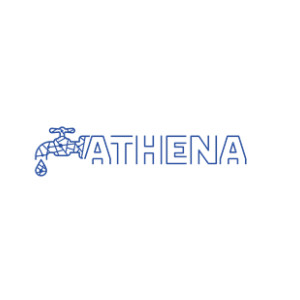 \
&
Contact us
\
&
Contact us
 \
&
Contact us
\
&
Contact us
Published on | 1 year ago
Programmes ERCThe results of the 2023 European Research Council (ERC) Starting Grant call (call deadline 25 October 2022) were published. Starting Grants are open to researchers with 2-7 years of experience since completion of PhD (extensions are possible under certain documented circumstances), a scientific track record showing great promise and an excellent research proposal.
Proposals are evaluated in 27 evaluation panels in three research domains (Physical Sciences and Engineering, Social Sciences and Humanities and Life Sciences) composed of top scientists and scholars coming from all over the world and in addition by remote referees with necessary specialised expertise (two to five per proposal).
Of the 2696 submitted proposals 400 researchers with 44 different nationalities received an ERC Starting Grant: 110 In Life Sciences, 173 in Physical Sciences and Engineering and 117 in Social Sciences and Humanities. In the ERCEA news articles more background on the evaluation results, call statistics and several project examples are highlighted.
However the statistics and final list are provisional since the UK is still considered non-associated to Horizon Europe. The successful proposals of applicants based in a country in the process of associating to Horizon Europe will be eligible for funding only if the relevant Horizon Europe association agreement applies by the time of the signature of the grant agreement.
Among the 400 selected researchers are fourteen based at Flemish host institutions. The projects of these fourteen Principal Investigators (PIs) are presented in the news articles of Universiteit Gent, KU Leuven, Universiteit Antwerpen and VIB.
We offer news and event updates, covering all domains and topics of Horizon Europe, Digital Europe & EDF (and occasionally, for ongoing projects, Horizon 2020).
Stay informed about what matters to you.
By signing up, you can opt in for e-mail notifications and get access to
a personalised dashboard that groups all news updates and event announcements in your domain(s).
Only for stakeholders located in Flanders

The ATHENA project addresses emerging risks for the water sector in operational technology created by digitalisation. The project responds to Digital Europe call DIGITAL-ECCC-2022-CYBER-03-UPTAKE-CYBERSOLUTIONS – Uptake op Innovative Cybersecurity Solutions. The project started in September 2023 and will run until November 2026. De Vlaamse Waterweg - The Flemish Waterway participates in the project to enhance the resilience of the organisation by co-developing targeted training modules for operational technology environments.